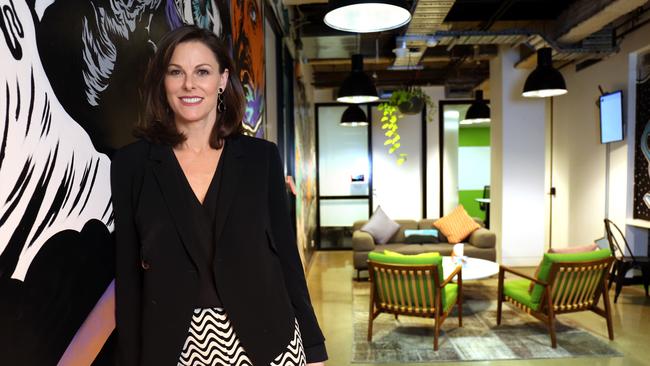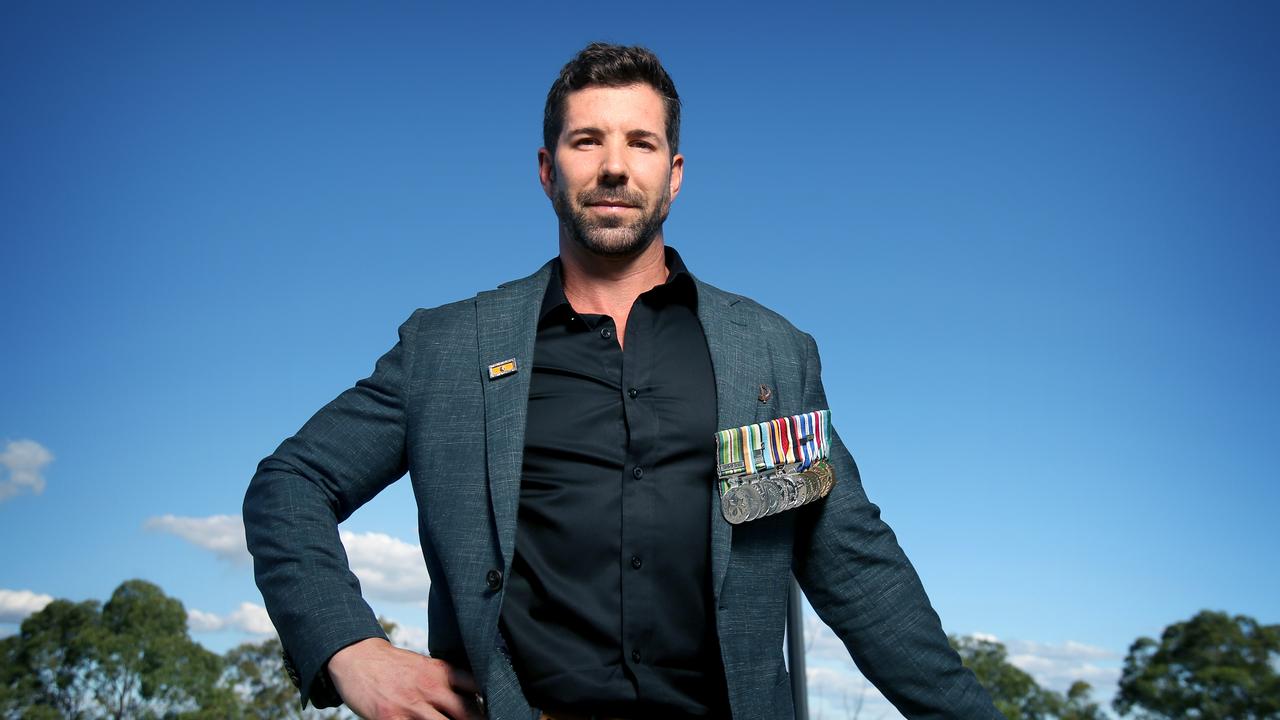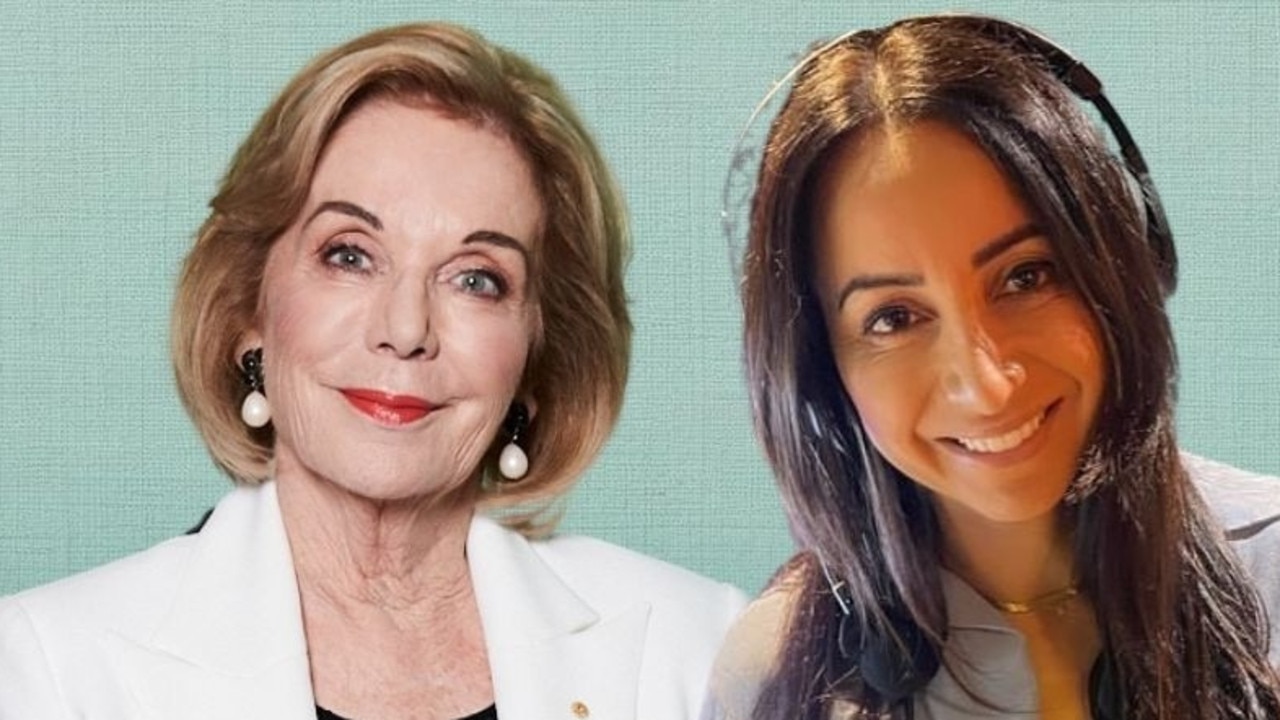Publishers wary of Facebook PR blitz
Publishers and broadcasters have questioned Facebook’s commitment to news and sharing revenue.

Publishers and broadcasters have questioned Facebook’s commitment to news and sharing revenue as the social media giant courts Australian television networks and publishers.
One television executive, speaking on condition of anonymity, denounced a meeting in Sydney last week with Facebook’s global head of News Partnerships, Campbell Brown, as a “well-timed PR effort”, a reference to the Australian competition regulator’s high-powered investigation into digital platforms, which has spooked Facebook and Google.
Ms Brown, a former CNN prime-time host, unveiled a series of initiatives for the Australian market during a private briefing with more than 20 local television executives and publishers.
During the four-hour meeting on Tuesday at the Ivy Sunroom, Ms Brown discussed co-founder Mark Zuckerberg’s decision to alter Facebook’s news feed to prioritise personal posts from family and friends over professionally produced news and video.
“We are not interested in talking to you about your traffic and referrals anymore. That is the old world and there is no going back — Mark (Zuckerberg) wouldn’t agree to this,” said Ms Brown, according to five people in the room, who were surprised by the tone of her messaging.
When contacted, Facebook indicated the meeting had been recorded, but declined to release a full recording.
Ms Brown and the other Facebook executives also continued efforts to sell publishers on the benefits of the Instant Articles program, which has disappointed publishers since its launch in 2015.
Big publishers including The New York Times and The Guardian have been wary about how much content to post through Instant Articles, expressing concerns about becoming more deeply reliant on the social network for traffic and having their readers subsumed by Facebook, which has set itself up as a gatekeeper to valuable subscriber data on readers.
Accompanied by five other Facebook executives including Andrew Hunter, the local head of the News Partnerships unit, Ms Brown said: “There’s no point us building all of these enhancements to IA if you won’t use it.”
Ms Brown said Facebook would also launch Watch, its hub for original video shows, and Ad Breaks, a new format to give marketers the ability to run video ads in the middle of publishers’ videos. Other issues on the table at the talks included Mr Zuckerberg’s plan to let users rank the trustworthiness of news sources, a change denounced by The New York Times chief executive Mark Thompson as a sinister attempt by Facebook to set itself up as the internet’s “editor-in-chief”.
Speaking on condition of anonymity, one publisher said: “The situation with Facebook is no better. In fact it’s worse.
‘‘They don’t even have a product to monetise content, particularly video.
“They need to offer an appropriate monetisation product that recognises the value of our content on their platform.
‘‘They have been saying that Facebook Watch and Ad Breaks are the answer to that but we don’t agree. At a bare minimum standard, there should be a better revenue share. Unfortunately, they don’t have a partner sales model like Google’s YouTube.
“And the CPMs (cost-per-thousand ad impressions) are nowhere near what they should be. It’s important that they recognise the value publishers are giving them.”
A television executive, also speaking on condition of anonymity for fear of reprisals in commercial dealings with Facebook, said: “Facebook Watch requires us to create bespoke content while we struggle to monetise the content we already distribute on our platform.”
Still, given the potential exposure to 2.2 billion users on the world’s biggest publishing platform, some of the executives in the room said they would consider participating in the initiatives under the right circumstances.
As reported by The Australian, Ms Brown told broadcasters and publishers that Mr Zuckerberg was not on their side but that she was, and issued a veiled threat that they would regret not agreeing to the company’s terms of trade.
“Mark doesn’t care about publishers but is giving me a lot of leeway and concessions to make these changes,” she said, adding, “We will help you revitalise journalism … in a few years the reverse looks like I’ll be holding your hands with your dying business, like in a hospice.”
Ms Brown said in response to the claims: “These quotes are simply not accurate and don’t reflect the discussion we had in the meeting.”
A spokeswoman for Facebook added that the company had received positive correspondence from executives after the meeting.
NewsMediaWorks chief executive Peter Miller attended the meeting on behalf of members including The Australian’s publisher News Corp, Fairfax Media and Seven West Media’s West Australian Newspapers.
Mr Miller cautioned that Facebook continued to be fickle in its dealings with publishers.
“What is needed is evidenced action and progress on the myriad of problems Facebook confronts and creates, especially around in-authentic news; inauthentic accounts; and the uneven playing ground driven by disconnected metrics and measurement,” he said.
The revelations of Ms Brown’s comments is the latest story in a series of investigations by The Australian into Facebook.
Last year, The Australian obtained confidential Facebook documents produced by senior Facebook executives that discussed targeting ads at depressed and vulnerable children.
Facebook apologised, opened an investigation and said that it would discipline senior staff.


